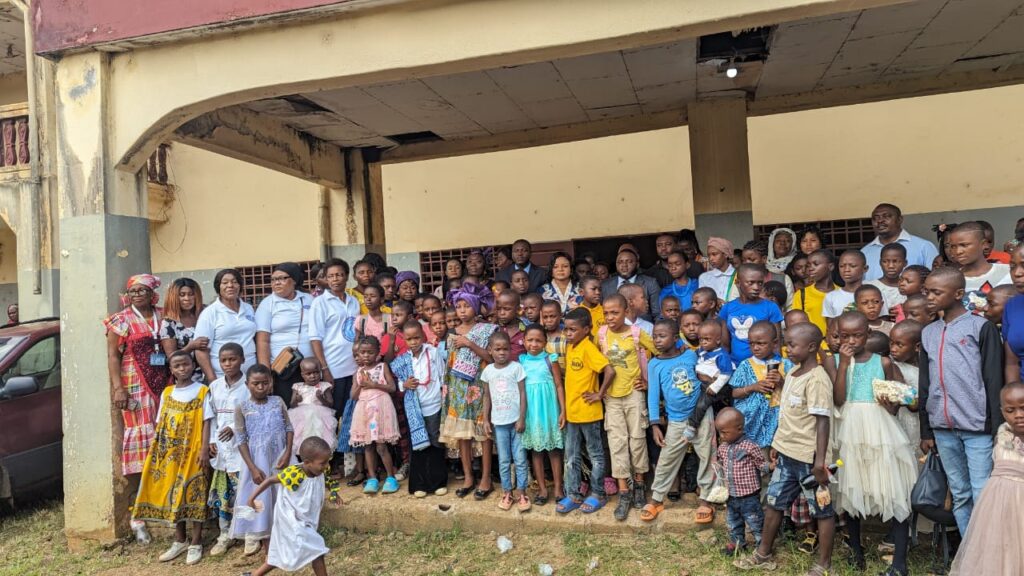The Divisional Delegate of Social Affairs, MINAS, Meme Division, South West Region, Mujingni Irene Mubat épse Manga has diagnosed some bottlenecks to school enrollment in Cameroon.
Mujingni was speaking on June 20, on the occasion of the celebration of the 34th edition of the International Day of the African Child at the Kumba City Banquet Hall, under the theme; “Education for All Children in Africa: The Time is Now”.

She revealed that according to the Analytical Report of the 2021-2022 school census data, the pre-school rate was 39.7% and school enrollment was 119.2% in the primary cycle in Cameroon.
She said despite the efforts made by the Cameroon government, some bottlenecks are still perceptible, notably those linked to emergency situations, security conflicts, insecurity in English-speaking areas, household poverty, and more.
She recalled that the main factors affecting school enrollment and retention in most African countries are child poverty, discrimination, gender-based violence, conflicts and crises, disability, and situations of displacement.
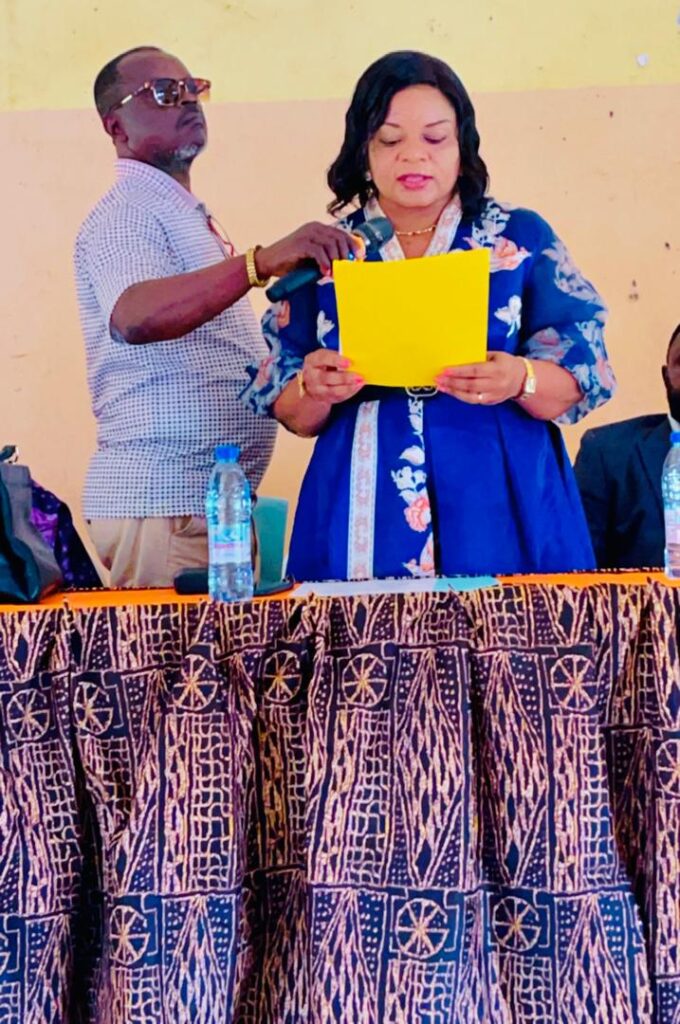
Second Assistant SDO, Meme
The delegate said early pregnancies, lack of access to sanitary napkins are one of the main reasons for girls dropping out of school, which in turn perpetuates and increases gender parity in higher grades.
According to Mujingni, the high prevalence of child sexual exploitation and abuse and the lack of appropriate services for survivors is another factor that pushes children out of school.
She said early childhood education (pre-school education) is an area that has not been addressed in most African countries because public pre-school education is at a very low cost but is mainly provided by the private sector with unaffordable costs for most parents.
Early childhood education is also crucial for vulnerable children such as those deprived of parental care.
“The exclusion of a group or category of children from education destroys the concept of “Education for all”. This right must therefore be amplified more than ever”. The delegate announced.
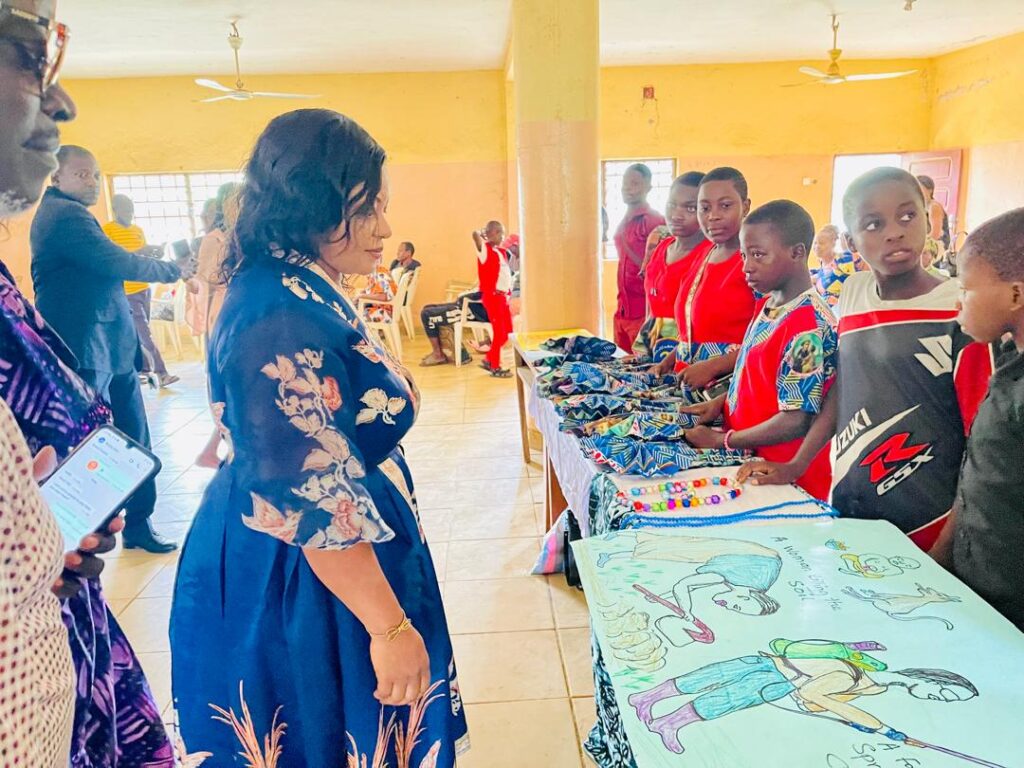
The Challenge
Mujingni further revealed that the population of African children is estimated at 1 billion in 2055, making the African continent the continent with the largest number of children. This shows how investing in children is essential and critical to achieving Africa’s development agenda.
She said the impact of lack of education on children is global as it affects children’s right to development, excludes them from future work opportunities, leading to an inter-generational cycle of poverty, and exposes them to further violence, abuse and exploitation.
“You will agree with me that much needs to be done and the time is now. Let us all take the challenge by taking individual engagements to ensure that every child we know goes to school”. The delegate added.
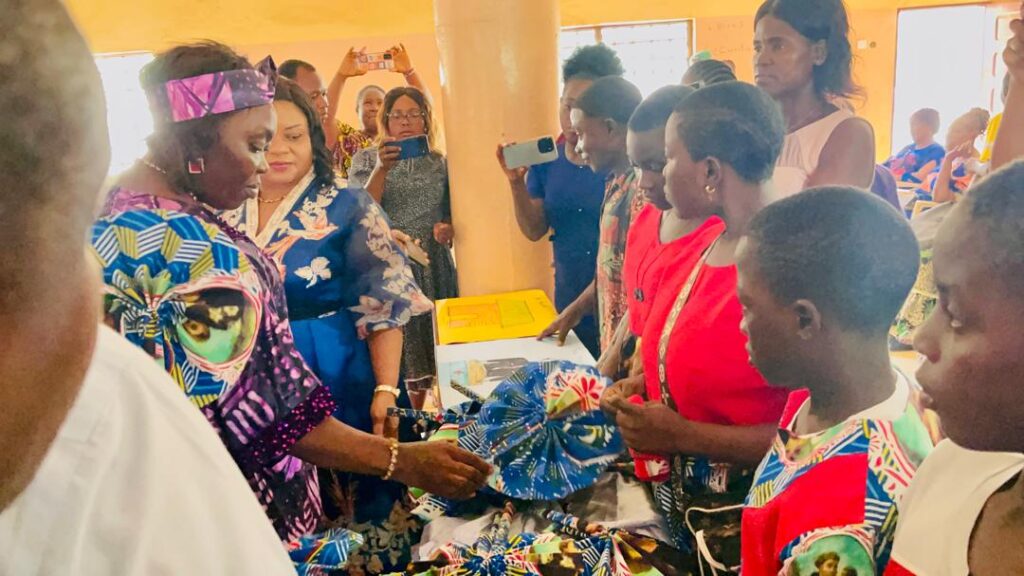
Government Efforts
In her keynote address, the Second Assistant Senior Divisional Officer, SDO for Meme, Njonje Hermia Ngowo epse Ikome congratulated MINAS family for the great mobilization and a successful celebration. She said the government of Cameroon is redoubling its efforts daily to ensure that all children go to school.
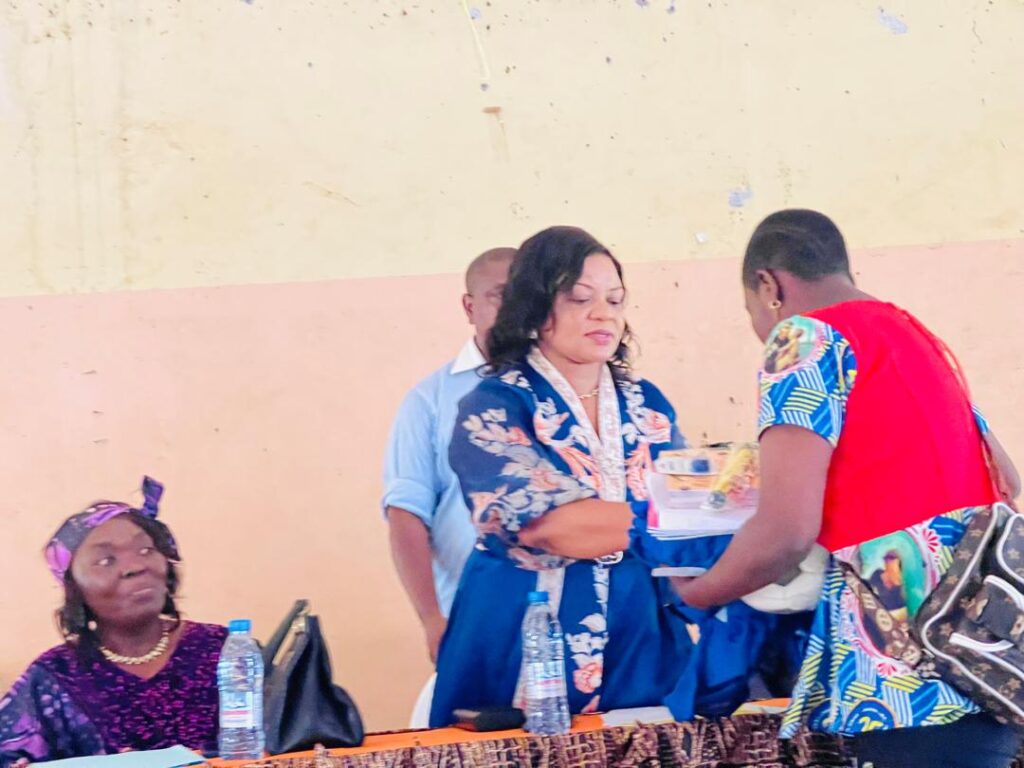
Other activities that marked the day include, a cultural night, exhibition, choral singing, traditional dances and award of prizes.

By Olive Ejang




